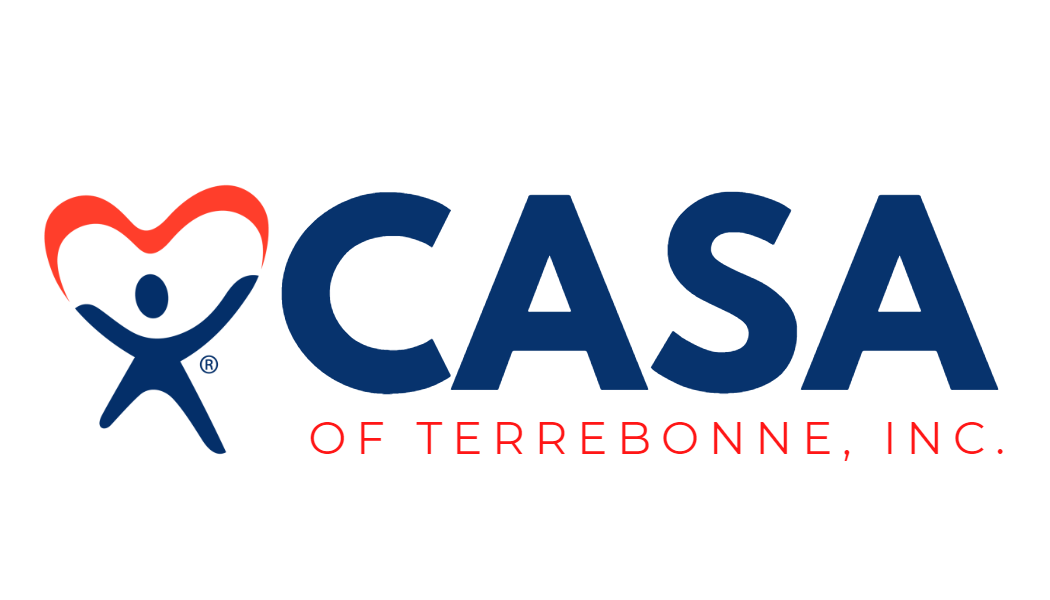Our Mission
CASA of Terrebonne's mission is to be a voice for children in foster care by advocating independently and objectively in the courts for their best interest.
Our Vision
CASA of Terrebonne envisions a community where every child in and beyond foster care is given the opportunity to thrive in a safe, loving, and permanent home.
History of National CASA
In 1976, Superior Court Judge David Sokup of Seattle, Washington, saw a recurring problem in his courtroom.
"In criminal and civil cases, even though there were always many different points of view, you walked out of the courthouse at the end of the day and you said, "I've done my best; I can live with the decisions,'he explains. "But when you're involved with a child and you're trying to decide what to do to facilitate that child's growth into a mature and happy adult, you don't feel like you have sufficient information to allow you to make the right decision. 'Do I really know everything I should? Have I really been told all of the different things? Is this really right?"
To ensure he was getting all the facts and that the long-term welfare of each child was being represented, the Seattle judge came up with an idea that would change America's judicial procedure and the lives of over a million children. He obtained funding to recruit and train community volunteers to step into courtrooms on behalf of the children: Court Appointed Special Advocate (CASA) volunteers.
This unique concept was implemented in Seattle as a pilot program in January 1977. During that first year, the program provided 110 trained CASA volunteers for 498 children in 376 dependency cases.
In 1978 the National Center of State Courts selected the Seattle program as "the best national example of citizen participation in the juvenile justice system."
By 1982 it was clear that a national association was needed to direct CASA's emerging national presence. The National Court Appointed Special Advocate Association was formed that year.
Today the National CASA Association represents 930 CASA programs across the country, including Washington, D.C. and the U.S. Virgin Islands. National CASA provides support for starting programs, technical assistance, training, fundraising, media, and public awareness services.

